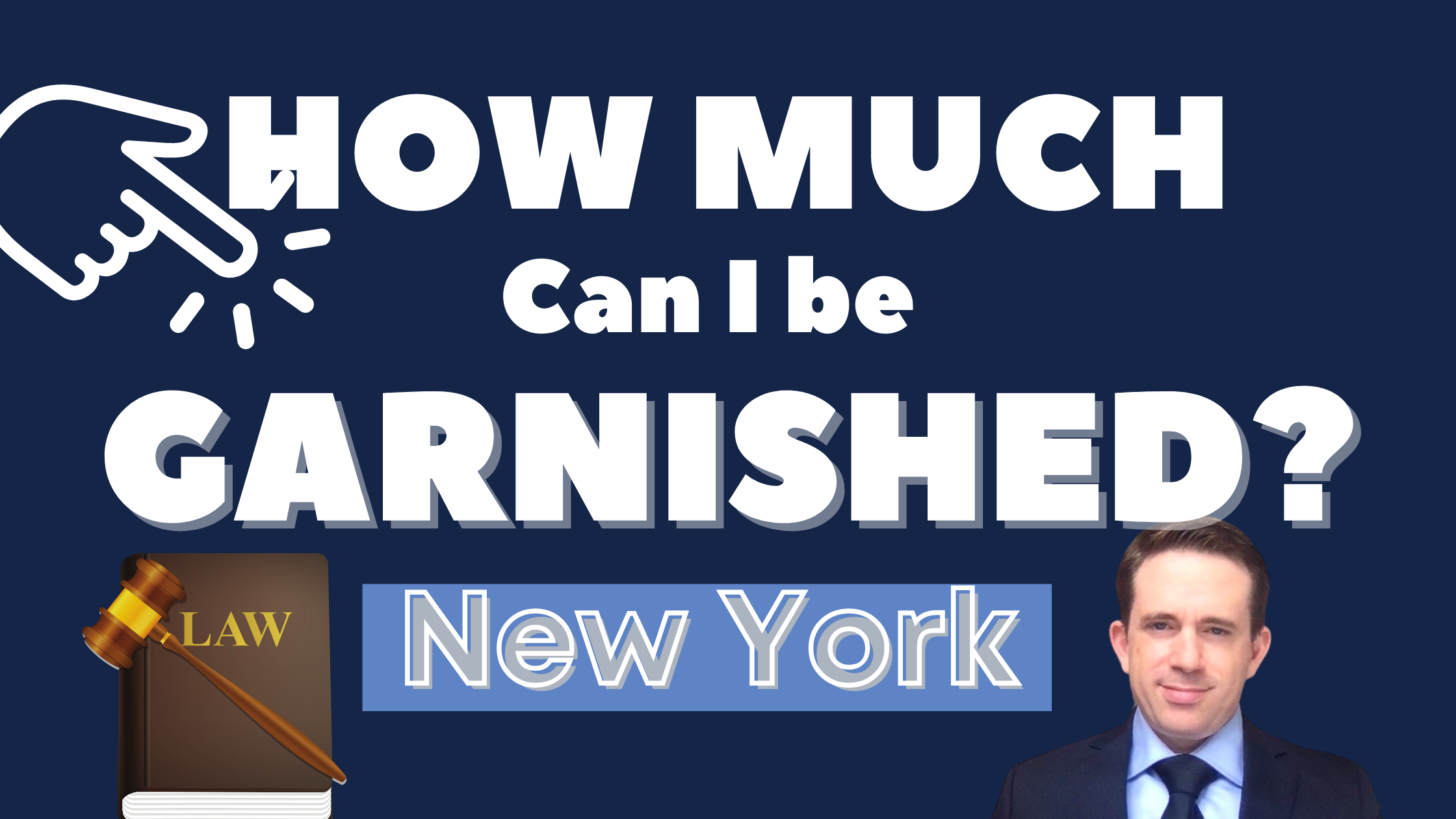We Defend You Against
City Marshal Gregg E. Bienstock
You likely received a "NOTICE OF GARNISHMENT" which means you have 20 days to pay what you owe before Marshal Moses sends the "INCOME EXECUTION" to your employer.
The "income execution" is the legal document that effectuates the "wage garnishment" process. The NOTICE OF GARNISHMENT tells you that you need to pay 10% of all your money, like salary, wages, or any other income. If you do not, the Income Execution will go straight to your employer, who will then have to give the marshal 10% of your paycheck before you get paid.
Ways to stop the garnishment:
- Obtain a court order or stipulation vacating the court judgment (what we do).
- Pay off the judgment directly with the Marshal.
- Enter into an agreement with the plaintiff's attorneys to pay the judgment and/or hold the judgment in abeyance (suspension) while you pay off the judgment.
More information about what is happening, and how much can be taken from your wages:
- Receive a Notice of Garnishment? Here’s a Summary of New York Law
- How much of my wages can be garnished? Summary of New York Law
- Vacating a Default Judgment in New York: 8 Fine Points
Quick Facts about New York City Marshals:
- New York City Marshals enforce judgments for private litigants and charge a 5% "poundage" fee.
- They are required to pay an annual fee of $1,500 and 4.5% of the fees they collect for judgments to the city of New York, as their fees are statutorily granted.
- Authorized and regulated by the New York City Civil Court Act, they are classified as civil law enforcement officers, public officers, and ministerial officers.
- Their primary responsibilities include executing civil court orders, such as collecting judgments, seizing assets, executing evictions, and serving execution notices.
- Having the same powers and duties as Supreme Court Sheriffs, they can seize cash, movable assets (e.g., business inventory), vehicles, and restore possession of rental properties to landlords (evictions).
- Appointed by the mayor for five-year terms as independent public officers, they do not receive a salary.
- Their fees are established by statute.
- To protect against malfeasance or nonfeasance, their official activities are bonded.
- They are authorized to serve execution notices and physically levy assets.
- They are required to maintain detailed records, which are subject to appellate division review.
Contact us right away if you've received any communication from a New York City Marshal. It is not too late to protect your money and assets.
Gregg E. Bienstock
Badge No. 17
Marshal
City of New York
36-35 Bell Boulevard
P.O. Box 610600
Bayside, NY 11361


